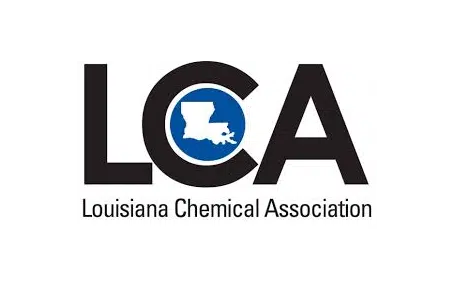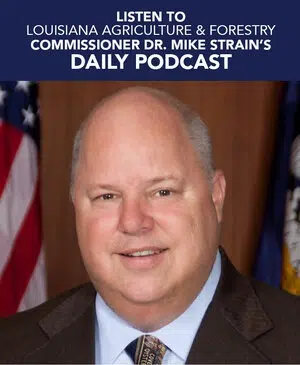
This week, a special task force appointed by Governor Edwards approved a Climate Action Plan for Louisiana, designed to reach net-zero greenhouse gas emissions by the year 2050. Harry Vorhoff chairs the Climate Initiatives Task Force and says the plan has 28 strategies and 84 specific actions to attain that goal. He says a lot of the state’s emissions come from the energy and chemical industries, and their concerns were kept in mind.
“We provided a solution for the industry to continue to operate and thrive in a low carbon or a no carbon market,” said Vorhoff.
Louisiana Chemical Association (LCA) president Greg Bowser says his group is in basic support of the Action Plan, but they do have concerns that well-intentioned government regulation could prove costly for them, and everyone else.
“When you put regulations in place, sometimes you don’t have the technology, you are ahead of the technology, when that happens you just have to shut down and we don’t want that to happen that would be disastrous for our economy,” said Bowser.
The Climate Action Plan outlines steps industry can take to lower greenhouse emissions by using more electrically-powered processes; moving away from fossil fuel-generated devices.
Vorhoff says he appreciates the LCA’s concerns.
“Their points are well taken and we need to make sure we do this in a measured very detailed oriented way so we don’t have negative consequences so we are not driving up the price of electricity or reducing the availability of electricity,” said Vorhoff.
But Bowser says history is full of cases where overreaching government regulation has impeded industry, progress and cost jobs; placing restrictions on businesses and industries before the technology to achieve those restrictions was in place.He says this is what worries them about Climate Action Plan.
“If that’s not feasible to do it at that point, people are not going to invest in it, and they’ll shut down and quite frankly move to a state that’s less stringent,” said Bowser.







Comments